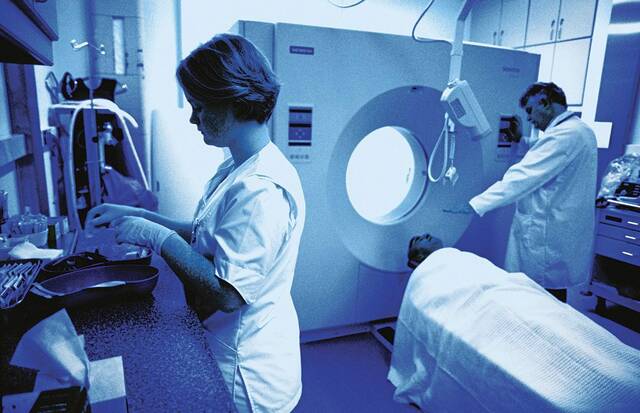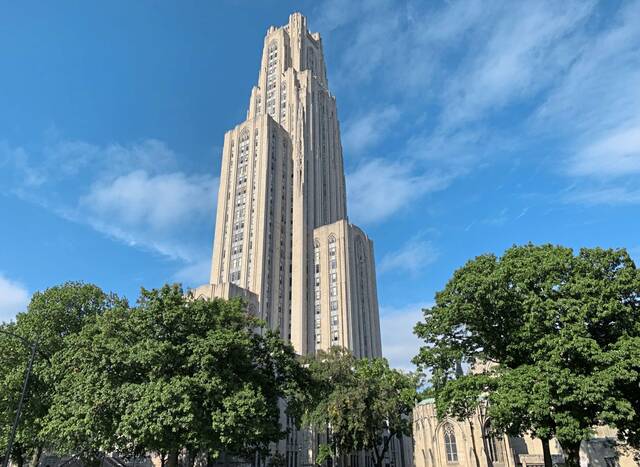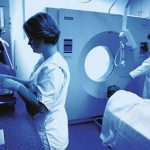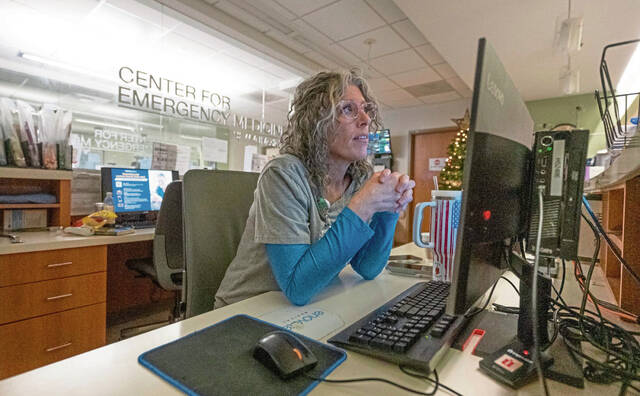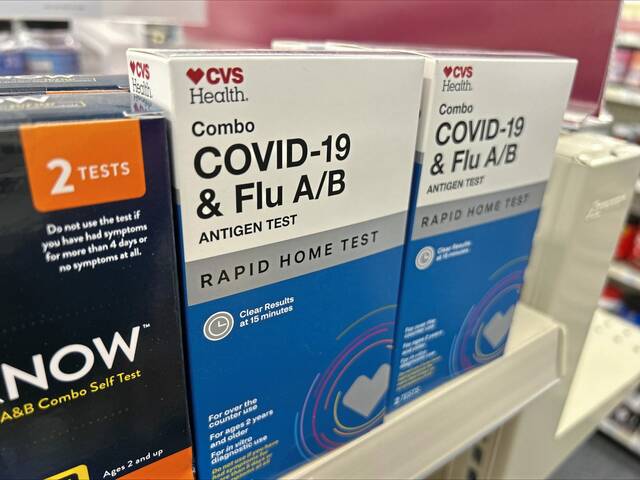A proposal introduced to Pittsburgh City Council on Tuesday would impose a 1% tax on people seeking higher education and receiving medical care in the city, with the proceeds going toward a new fund for repairing the city’s aging infrastructure.
“The strongest part of our economy is the educational and medical institutions,” said Councilman Ricky Burgess, who sponsored the legislation. “We need them to partner with us to generate the revenue that is needed to repair and restore our aging infrastructure.”
Burgess called the tax a “very modest 1% user fee” and estimated the new tax would raise at least $50 million a year.
The legislation would apply to students attending colleges, universities and advanced technical schools in the city.
It also would apply to those receiving services at medical facilities, including “hospitals, clinics, rehabilitation facilities and any other facility furnishing medical, therapeutic, psychological or vocational care.” It would not apply to residences for mentally, physically or age-incapacitated people, according to the legislation.
The tax would be applied to the full tuition amount at colleges — not taking into account financial aid, grants or scholarships. It also would be applied to the full amount of medical bills, including the portion paid by insurance.
There would be no exemption or limitation for low-income individuals, Burgess said.
When asked if he was concerned that the tax would make it difficult or impossible for some people to pay for higher education or medical care, Burgess replied: “Bridges are falling down.”
Creating new revenue streams to improve the city’s infrastructure is the only way to ensure the city can properly invest in infrastructure needs without taking away from other key initiatives, Burgess said. Finding additional funding for infrastructure improvements has gained more attention since the Fern Hollow Bridge collapse in January.
Burgess said he’s open to talking with higher-education institutions and medical facilities about other ways they could help bolster funding for the city’s infrastructure.
“We in Pittsburgh need to fix our infrastructure without jeopardizing the other commitments we’ve made,” Burgess said.
Burgess said his bill likely would be amended, but he did not offer specifics.
He called this a “first step” in a larger effort to fund infrastructure improvement projects.
The tax could add hundreds — or, in some cases, thousands — of dollars to education and hospital bills, expenses that some people already struggle to afford.
Tuition at the University of Pittsburgh for in-state students is just over $19,000 a semester, meaning students would pay about $190 in taxes per semester. Tuition for students at Carnegie Mellon University is just under $60,000 a year, meaning its students would owe nearly $600 because of the tax.
As an example of medical costs, the Pennsylvania Health Care Cost Containment Council, in analyzing the cost of several common procedures, reported that from July 1, 2017, to June 30, 2018, UPMC Presbyterian Shadyside charged an average of about $85,000 for a knee replacement. A 1% tax on that would amount to an added $850 for patients.
City Council would need to hold a public hearing on the tax before a final vote. There was no discussion of Burgess’ proposal after it was introduced Tuesday. It could be up for council discussion as soon as next week.
Schools contacted by the Tribune-Review on Tuesday declined to comment on the measure. Several health systems said they had not yet been able to review the legislation.
“While we are still in the process of assessing it, and look forward to a healthy discussion with city leaders about its implications, we do have serious concerns about any such endeavor that adds an additional financial burden on those requiring medical care,” said Dan Laurent, a spokesman for Highmark Health.
The proposal comes after City Council last week approved three related measures to increase focus on identifying and funding Pittsburgh’s infrastructure needs.


